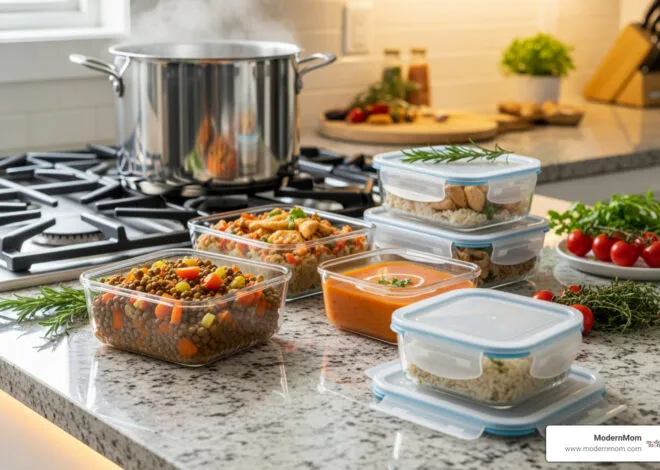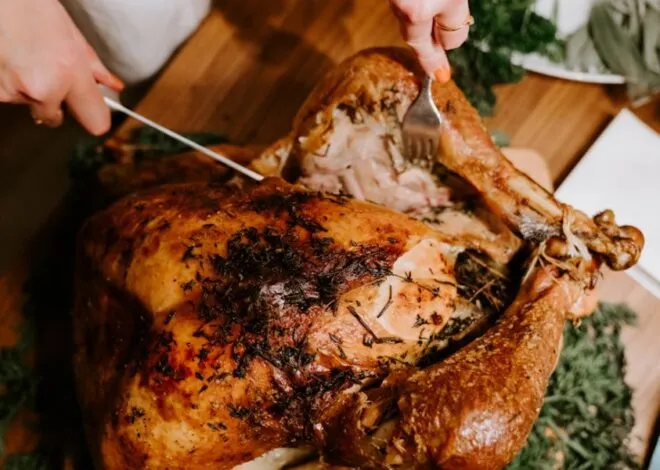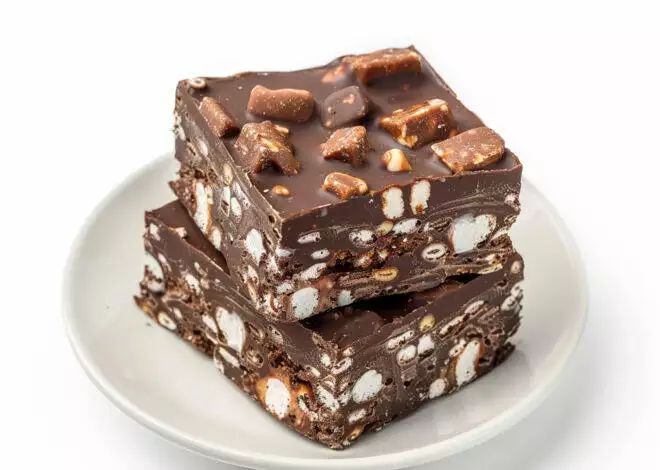Veganism is a way of life. Vegans won’t exploit animals in any way and don’t support cruelty to animals, which means that vegans won’t eat animals or use them for clothing. Vegans differ from vegetarians by not eating products that come from animals, such as eggs or milk. Vegans only eat plant-based foods. If you, as the mother of your family, are vegan, chances are the whole family adopts this lifestyle, too. To get the proper nutrients, vegan families have to know about the types of food available for them.
Plan Well
As long as you plan well, you can safely eat a vegan diet during pregnancy, breastfeeding, infancy, childhood and adolescence, according to KidsHealth. In fact, if done properly, a vegan diet can be advantageous to a meat-eating one because of lower levels of fat and cholesterol and higher levels of fiber and antioxidants. However, all restrictive diets do pose a difficulty in getting the proper nutrients for your body. Following a vegan diet doesn’t allow you to get enough vitamin B-12, for example, which you get in animal products. Vegans lack calcium in their diet, too.
What to Eat
What you need to focus on as a vegan is to get enough vitamin B12 for your red blood cells. You can get this through fortified soy products, enriched breakfast cereals, nutritional yeast or from supplements, according to KidsHealth. You need calcium for bone strength, which you can get from dark green vegetables, sesame seeds, red and white beans, almonds, figs, blackstrap molasses and fortified juice. Vegans should also get vitamin D to help absorb calcium. Getting out in the sun is one way to get vitamin D; other ways are through fortified soy milk or rice milk. Vegans can get protein through legumes, nuts and seeds; iron from chickpeas and tofu; zinc from whole-grain breads, wheat germ and tahini and riboflavin from mushrooms, sweet potatoes and broccoli. Because you don’t eat fish or eggs if you are vegan, you lack omega-3 fatty acids; take supplements to make up for that.
Food Pyramid
Vegans have a food pyramid that MayoClinic.com recommends. The top of the pyramid are fats, and you need two servings a day. Next are fruits, which are also two servings a day. You need four servings of vegetables, which make the third rung of the pyramid. Legumes, nuts and other protein-rich foods make up the fourth rung. You need five servings per day of protein. Grains make up the bottom of the pyramid. You need six servings of grain per day.
Feeding Your Baby
Make sure that your baby gets enough calories. One way is to make your cereals thick rather than thin. Also, add some vegetable oil to the grains to increase the calories, suggests the Vegan Society. Soya bean oil or canola oil are better than sunflower, safflower or corn oils. Give your baby mashed lentils, mung beans or chickpeas and stir in some black molasses. Provide tofu prepared with calcium salt. This contains more calcium than cow’s milk, according to the Vegan Society.
School
You’ll probably have to pack lunches for your children when they go to school, but some schools provide vegetarian options. The Vegan Society suggests that you prepare your children by talking to them about why your family is vegan so that your children can answer the questions their classmates invariably ask. Some kids may find it difficult to be different, while others embrace the idea.





